Passing through the Mekhliganj corridor that connects the pockets of Indian villages in Bangladesh felt strange. The 1947 Partition of Bengal created enclaves of what feels like terra nullius (no man’s land) split by vast corridors twice the width of a highway fenced in and manned by armed guards so that the people of India can travel between villages that would otherwise be cut off by the surrounding Bangladesh. We travelled to the border that is the Teesta river, and looked over to Bangladesh. Once, these people were all one land and it is in places like this that political borders feel the most oppressive and absurd. I watch the birds flying over, see the Teesta river shimmering in the afternoon heat, and listen to the land: I’m not sure any of these care much for our politics and borders.
- Looking across to Bangladesh
- Bengali border post
- Bangladesh past the Teesta River
Back in the village, local women share the Mechni dance to celebrate the Hindu Durga goddess of peace and prosperity. The umbrella symbolises Durga, it becomes Durga, protecting the village from forces of evil. The men then share a short theatre piece, with the main female character played by a male – I didn’t manage to discover what the theme or meaning of this was though.
As an outsider, the urge is to romanticise village life here: the clean mud-floor huts have thin woven walls and people draw water from a pump to one side that sinks into a well; in the warm, late-afternoon sun, hens and chicks scratch around, baby goats bounce into view and children play carefree next to fields of ripe rice crops that will be harvested in the next few weeks. It’s the kind of thing city people would pay a fortune to experience for a time. Which is ironic really as these people are probably amongst the poorest in India. Tending the rice fields is back-breaking work as each plant has to be plugged in and harvested by hand, and it’s made me more determined to focus on food waste. Again I’m forced to think of the disconnect between what we eat and where it comes from because I know that if I had to spend one week working in these rice fields I wouldn’t throw a single grain of that rice away after a meal. Ever.
This project was always about listening to the land, and working with Moushumi I’m learning how the voices of the people are woven throughout this dialogue.
- Mechni dance
- rural theatre
- children gathering for the show
- hand-made folk instrument
- rural theatre
- Looking across to Bangladesh
- Ripe rice ready for harvest
- Mechni dance
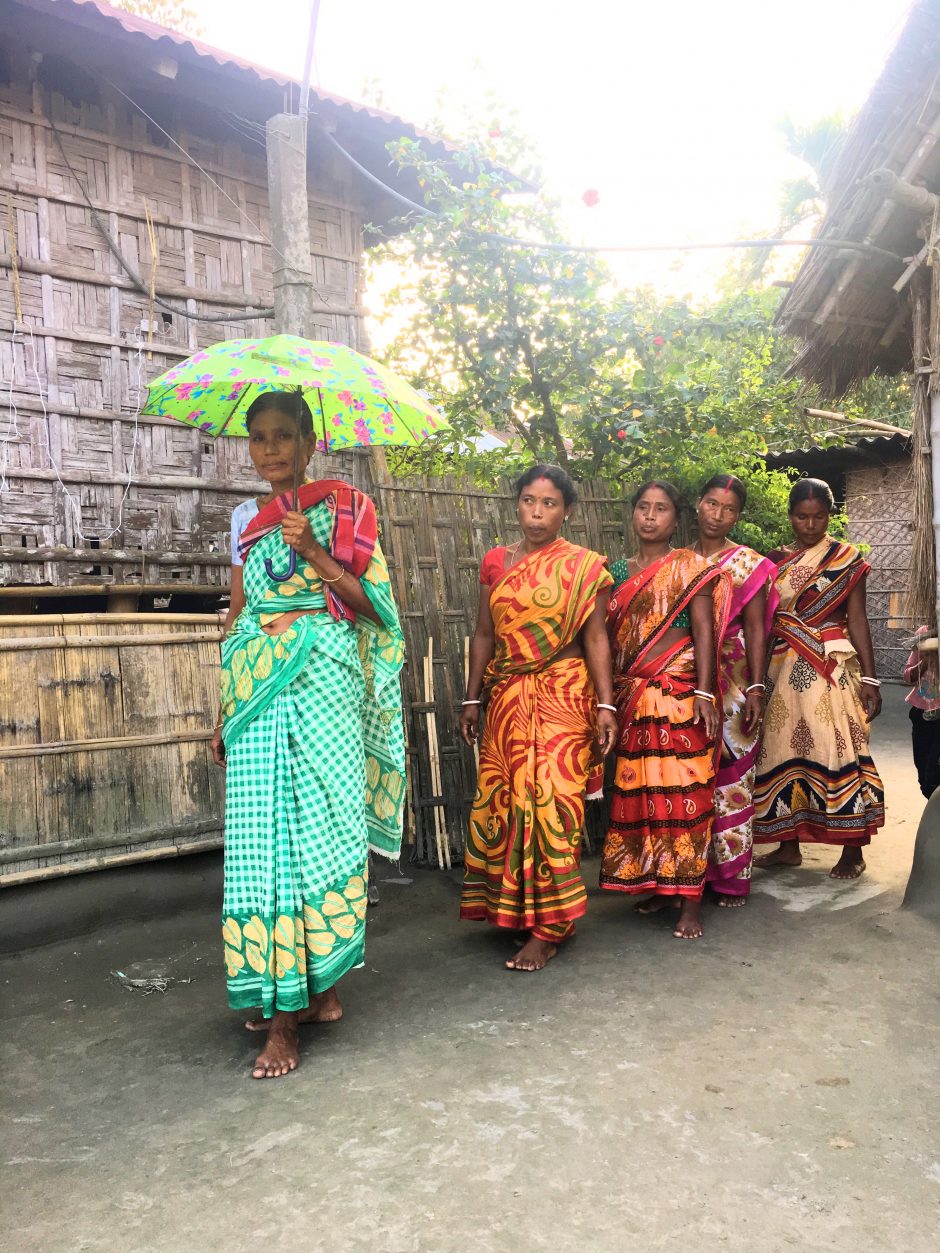
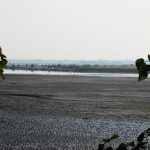
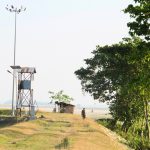


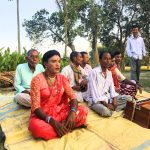
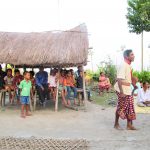
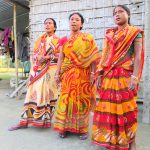
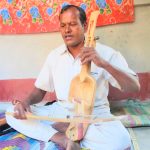
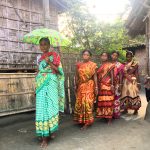
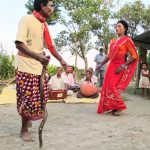
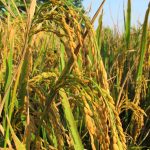
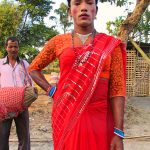
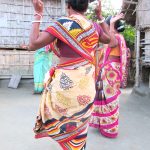
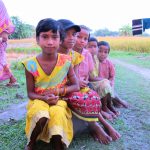
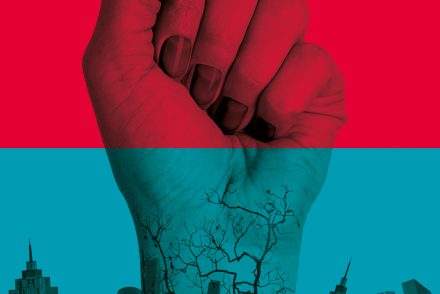
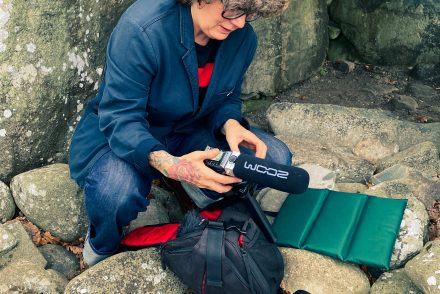
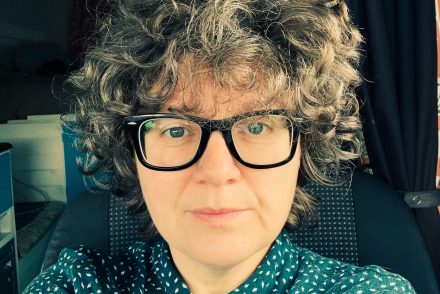
No Comments